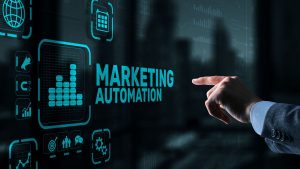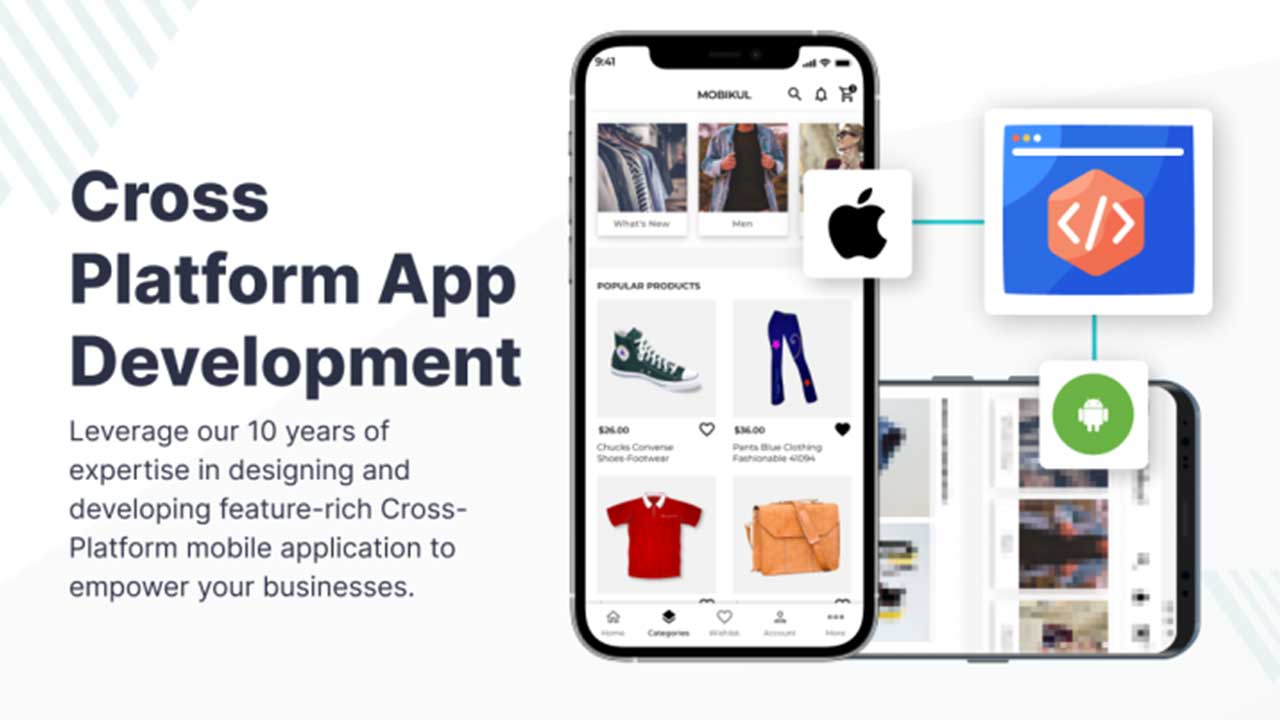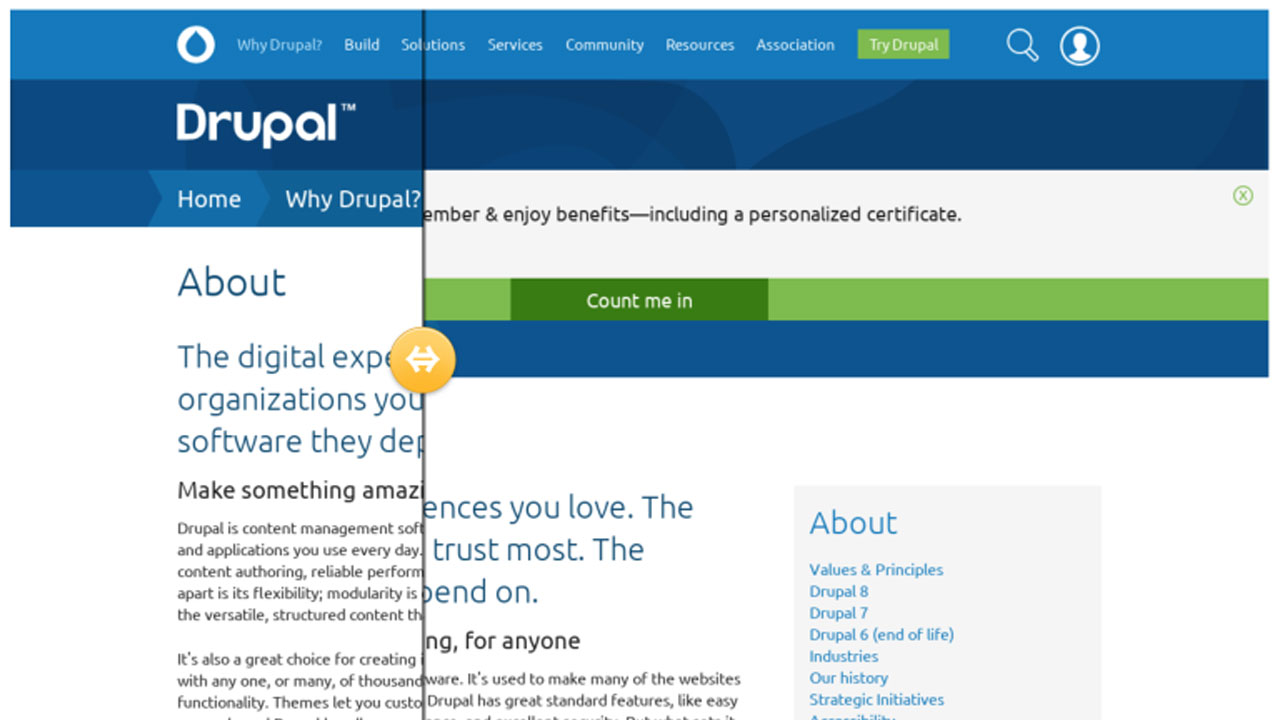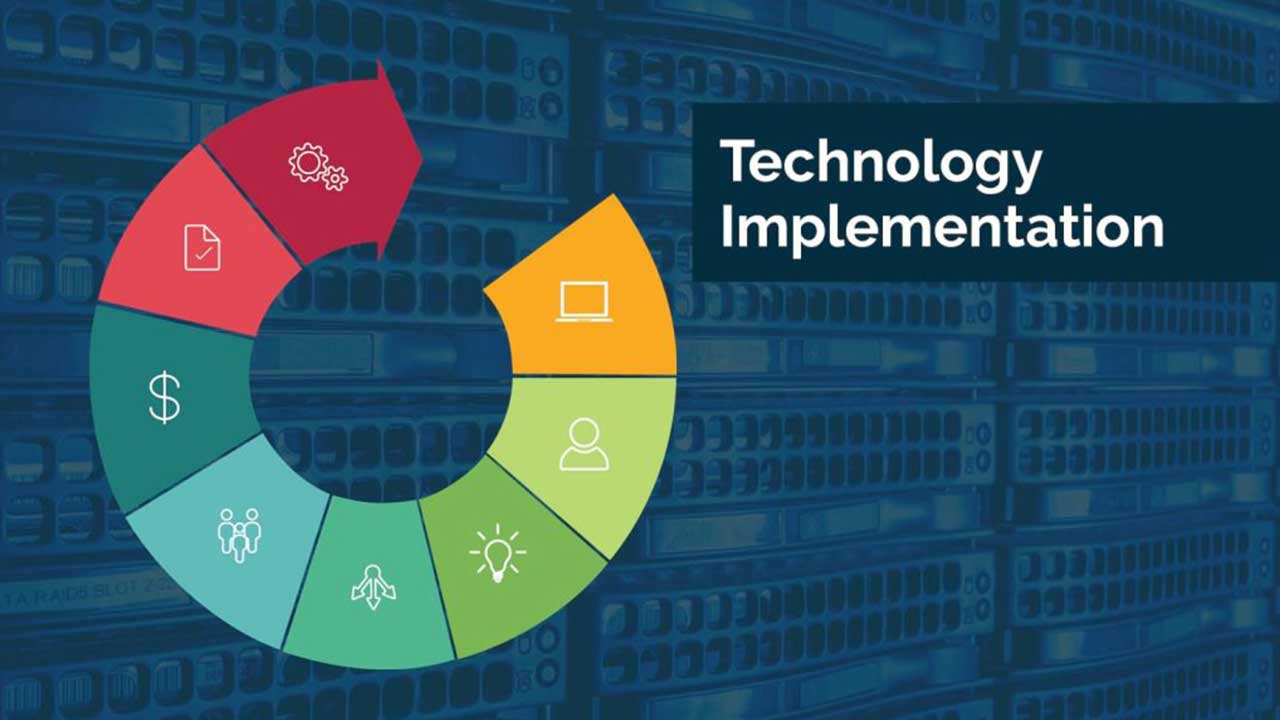Marketing Automation: Streamlining Business Success

A Marketing Automation: Streamlining Business Success
Marketing automation is transforming how businesses approach their marketing efforts. By leveraging technology to automate repetitive tasks, companies can streamline their processes, improve efficiency, and drive better results. This article delves into what marketing automation is, its benefits, key features, and implementation strategies. We’ll also address common questions to provide a comprehensive understanding of this powerful tool.
What is Marketing Automation?
This includes processes such as email marketing, social media posting, lead nurturing, and customer segmentation. The goal is to increase efficiency, personalize communication, and ultimately drive higher revenue.
Key Components of Marketing Automation
1. Email Marketing: Automated email campaigns tailored to customer behavior and preferences.
2. Lead Management: Tracking and nurturing leads through the sales funnel.
3. Social Media Automation: Scheduling and posting content on social platforms.
4. Customer Segmentation: Grouping customers based on behavior, preferences, and demographics.
5. Analytics and Reporting: Monitoring campaign performance and making data-driven decisions.
Benefits
Marketing automation offers numerous advantages that can significantly impact a business’s marketing strategy and overall performance.
Enhanced Efficiency
Automating repetitive tasks saves time and allows marketing teams to focus on strategic initiatives. This leads to increased productivity and a more effective use of resources.
Personalized Marketing
Automation tools enable businesses to deliver personalized content to their audience based on their behaviors and preferences. Personalized marketing leads to higher engagement and conversion rates.
Improved Lead Nurturing
With Marketing technology, businesses can create detailed workflows to nurture leads throughout the sales funnel.
Better Data Management
Marketing automation platforms provide robust analytics and reporting features, allowing businesses to track campaign performance, understand customer behavior, and make data-driven decisions.
Implementing
Implementing marketing automation requires careful planning and execution. Here are key steps to consider:
Define Your Goals
Before implementing any automation tool, it’s crucial to define your marketing goals. Whether it’s increasing lead generation, improving customer engagement, or boosting sales, clear objectives will guide your automation strategy.
Choose the Right Platform
Selecting a marketing automation platform that aligns with your business needs is essential.
Develop a Strategy
Create a detailed strategy outlining how you’ll use automation to achieve your goals. This includes defining target audiences, crafting personalized messages, and setting up workflows.
Train Your Team
Ensure your marketing team is well-trained on the chosen automation platform. This will help them effectively utilize the tool and maximize its potential.
Monitor and Optimize
Regularly monitor the performance of your automated campaigns and make necessary adjustments. Optimization is key to ensuring ongoing success and improvement.
Conclusion
Marketing technology is a powerful tool that can transform how businesses approach their marketing efforts. By automating repetitive tasks, personalizing communication, and leveraging data-driven insights, companies can enhance efficiency, improve lead nurturing, and drive better results. As technology continues to evolve, Marketing technology will become increasingly integral to successful marketing strategies.
FAQs
What is marketing automation?
Marketing automation is the use of software and technology to automate repetitive marketing tasks, such as email marketing, social media posting, and lead management, to increase efficiency and improve results.
What are the benefits of Marketing technology?
The benefits of Automated marketing include enhanced efficiency, personalized marketing, improved lead nurturing, and better data management.
How do I choose the right marketing automation platform?
When choosing a marketing automation platform, consider factors such as ease of use, features, scalability, and integration capabilities with your existing systems.
Can small businesses benefit from Marketing technology?
Yes, Marketing technology is beneficial for businesses of all sizes. It can help small businesses streamline their marketing efforts, reach their audience more effectively, and compete with larger companies.
What are some common marketing automation tools?
Some popular Automated marketing tools include HubSpot, Marketo, Mailchimp, Pardot, and Active Campaign.
How do I measure the success of my marketing automation efforts?
Success can be measured using various metrics, including engagement rates, conversion rates, lead generation, and ROI. Regularly monitoring these metrics will help you understand the effectiveness of your campaigns and make necessary adjustments.








